Syriza: Everything you need to know about Greece’s new Marxist governing party
Who are Syriza, what are their policies, and why did they win?
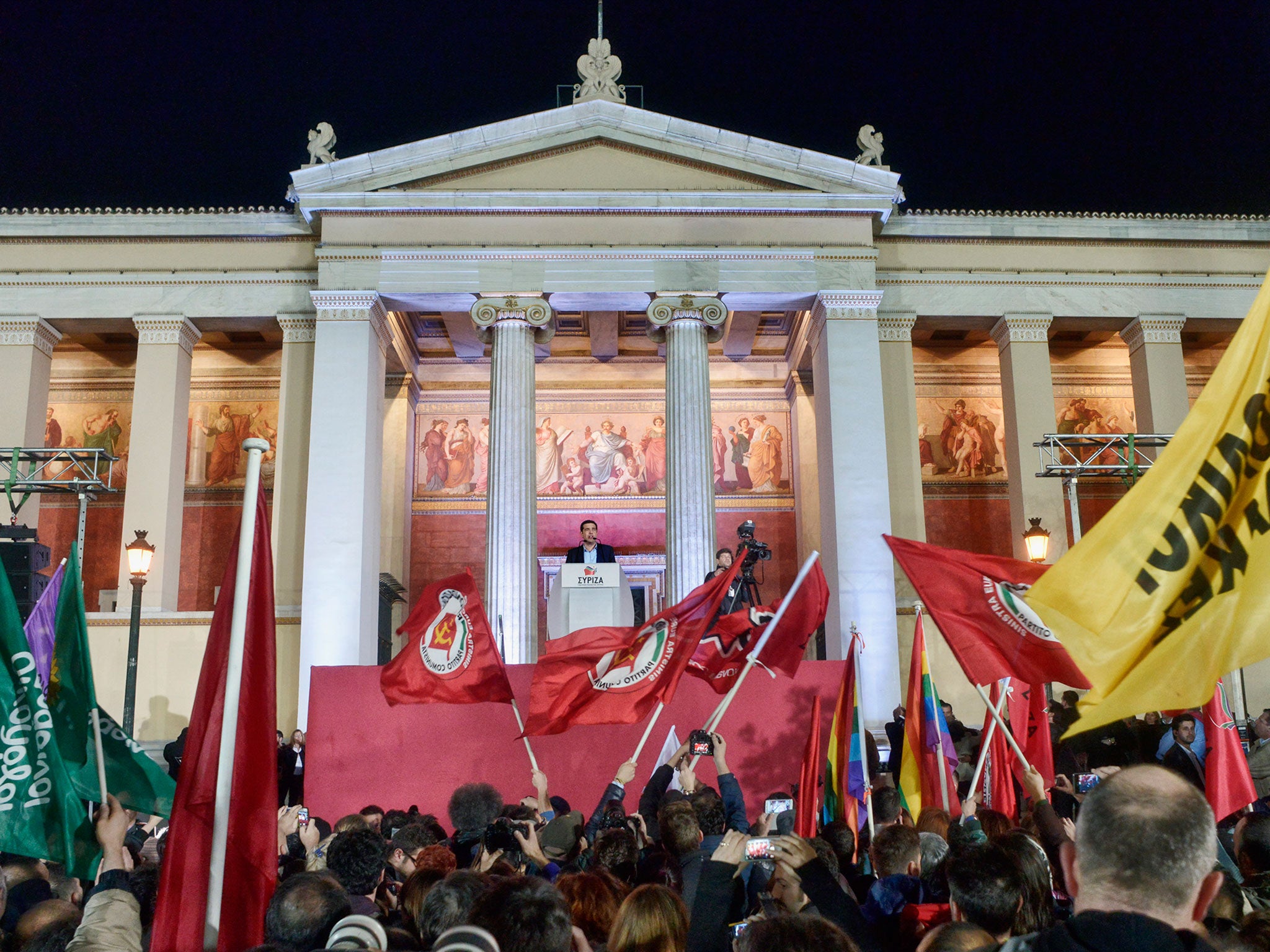
Your support helps us to tell the story
From reproductive rights to climate change to Big Tech, The Independent is on the ground when the story is developing. Whether it's investigating the financials of Elon Musk's pro-Trump PAC or producing our latest documentary, 'The A Word', which shines a light on the American women fighting for reproductive rights, we know how important it is to parse out the facts from the messaging.
At such a critical moment in US history, we need reporters on the ground. Your donation allows us to keep sending journalists to speak to both sides of the story.
The Independent is trusted by Americans across the entire political spectrum. And unlike many other quality news outlets, we choose not to lock Americans out of our reporting and analysis with paywalls. We believe quality journalism should be available to everyone, paid for by those who can afford it.
Your support makes all the difference.Greek leftists Syriza swept to power in elections last night. Their victory means the eurozone crisis enters a new phase.
Who are they?
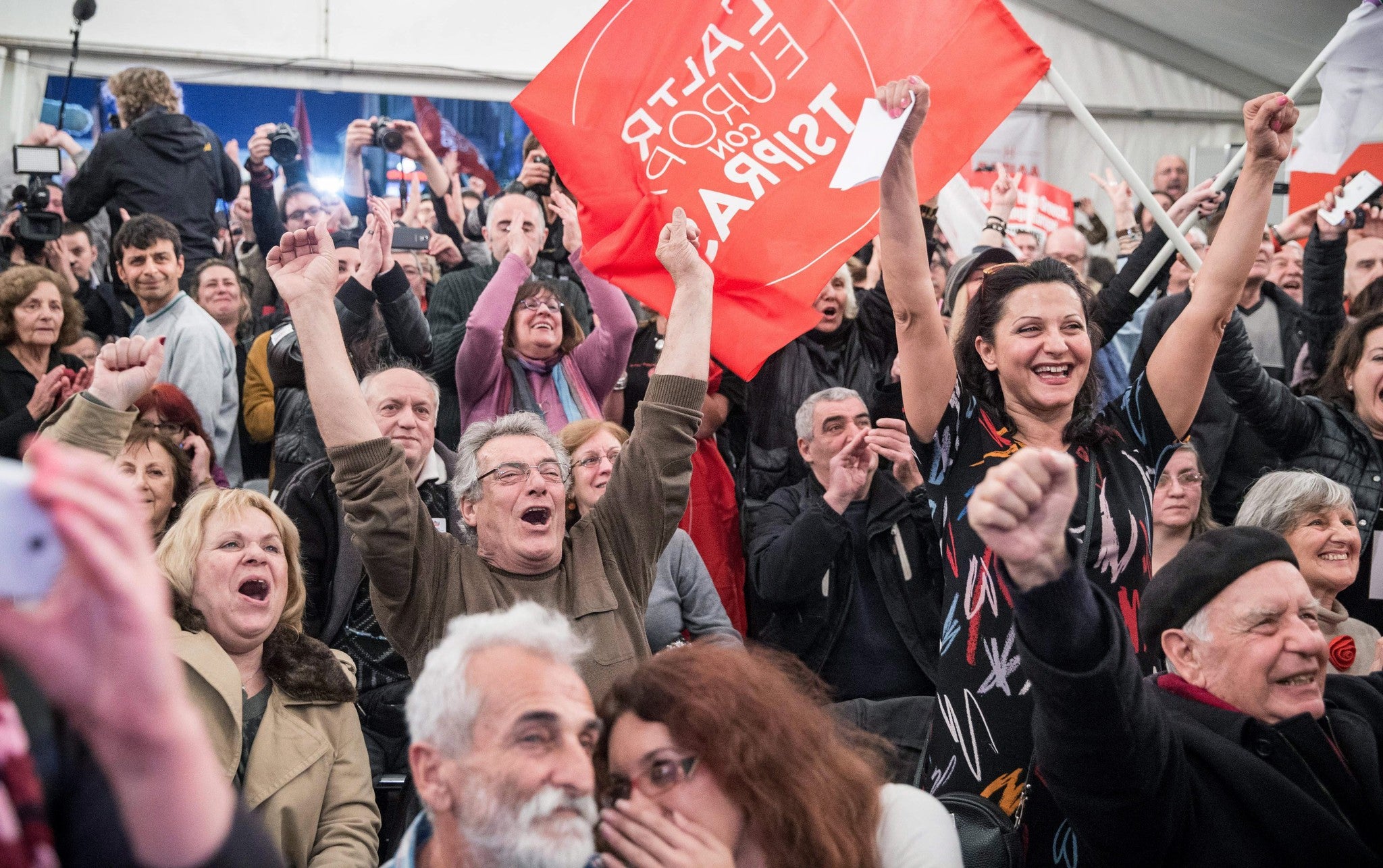
Syriza is an acronym and stands for ‘Coalition of the Radical Left’. The party started life as a federation of smaller parties but became a single organisation after a conference in July 2013, when it was clear it could be on the brink of power.
The constituent parties making up the coalition are diverse: they include various shades of eurocommunists, Maoists, left social democrats, ecologists and Trotskyites. By far the largest constituent party was a democratic socialist group Synaspismós, which current Syriza leader Alexis Tsipras led. Most of the strands of the party are united by a philosophical commitment to Marxism.
As with any coalition there are differences between groups; Syriza itself has an influential left-wing tendency, called the Left Platform. The Left Platform is more eurosceptic than the leadership, which could be significant if the question of Greece leaving the euro ever arises. This group has been in election mode and has kept quiet recently, but may now exert pressure on Tsipras to govern from the left.
What does this mean for the Eurozone crisis?
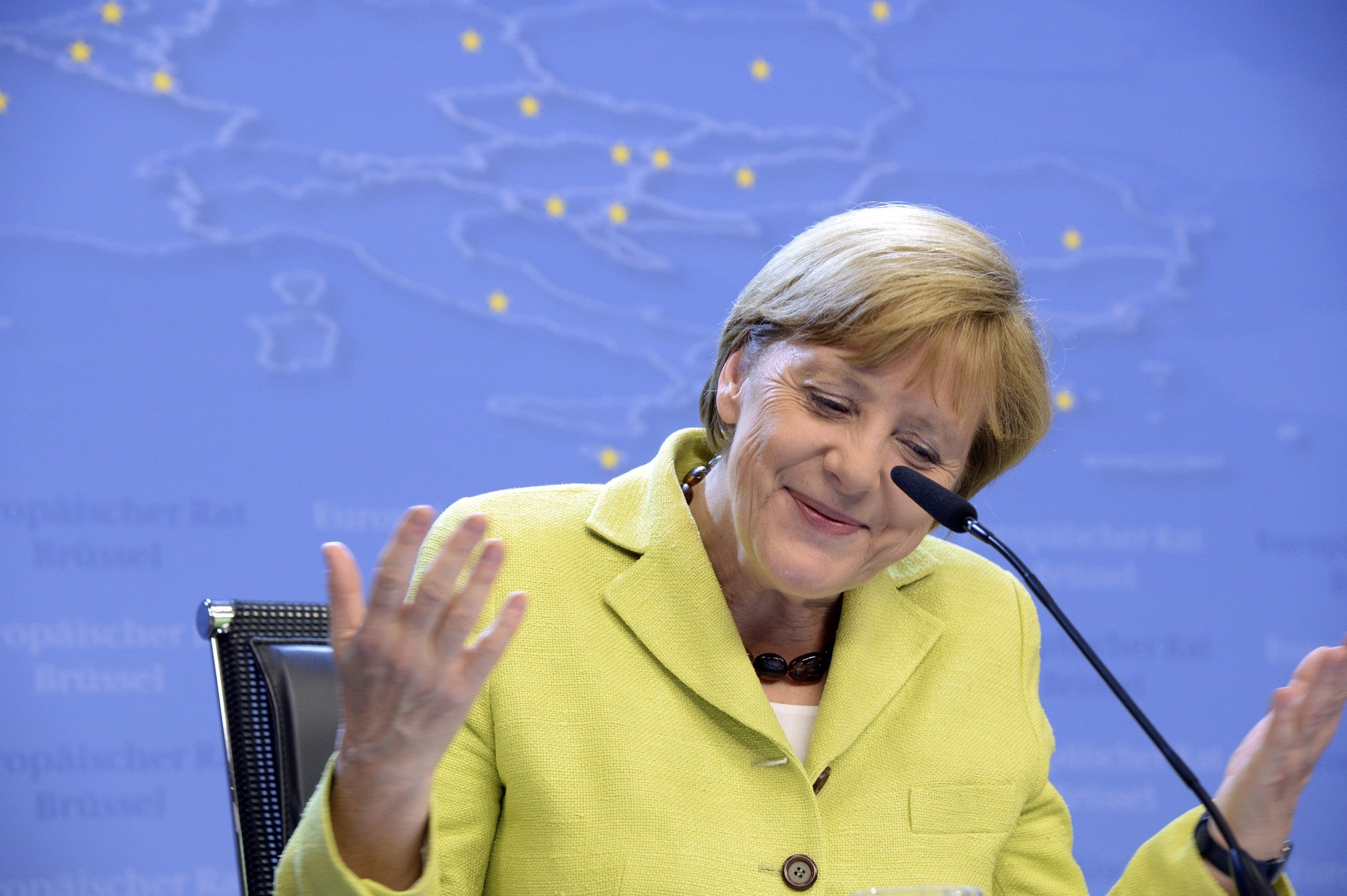
The party wants as much Greek government debt as possible to be written off; this debt is mainly held by German and French banks. Syriza has said it is willing to enter into negotiations with Greece’s creditors, a moderation of its original position, which was that it would refuse to pay.
Whether they will be successful is not clear yet. Syriza’s main leverage is that if it cannot successfully negotiate a write-down of debt, it can simply refuse to pay.
This would hurt Greece, because defaulting would make it very difficult to borrow on the international bond markets and thus run a government. But it would also hurt the Eurozone, because the entangled world financial system means the impact of a disorderly default could spark another recession. It is in the interests of both sides to reach a deal.
The problem for Syriza is that the European authorities won’t necessarily act in their own interests. Angela Merkel will face political pressures in Germany to look tough on a country that is widely painted in the country’s media as getting a free pass.
A default might also lead to a ‘Grexit’ – Greece leaving the Eurozone, because the currency’s rules say it isn’t allowed. In reality countries don’t really have to follow rules, and whether Greece left would depend on the balance of power in the single currency.
Syriza says it wants to stay in the Euro, a position widely held by the Greek people, though some groups within the party are less favourable towards the single currency.
Why did they win?
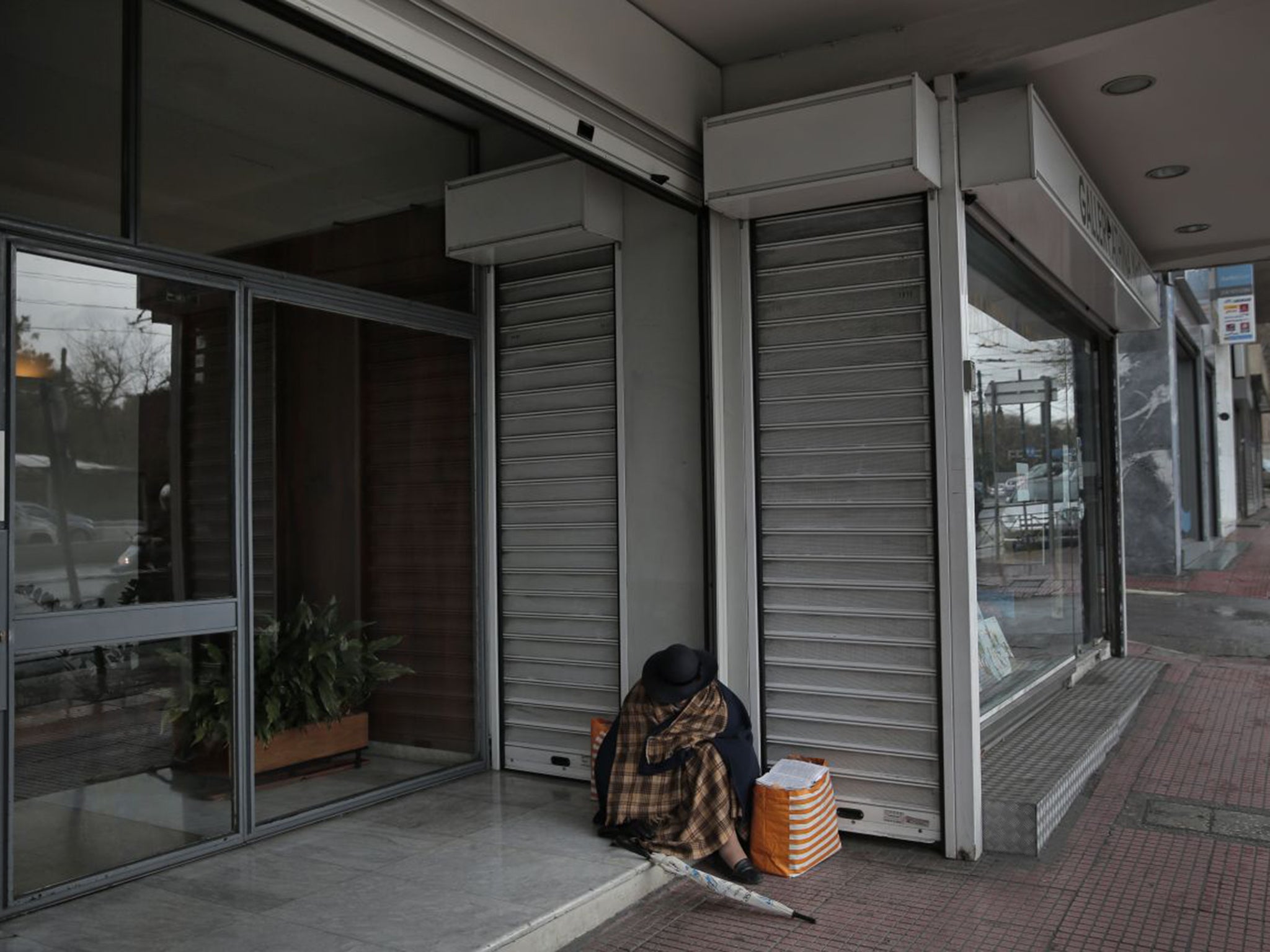
The current plan for Greece’s economy doesn’t seem to be working: unemployment is at 25%. Youth unemployment is around 50%. The country is facing a health emergency and doctors regularly see people hospitalised because of malnutrition.
Money being sent to Greece in bailout instalments is simply going back to French and German banks to pay interest on debt – the country is actually running a surplus if these interest rates are excluded.
Many people who voted Syriza will not be radical leftists but believe that the party is the only option offering a coherent alternative approach to the establishment parties.
But the Eurozone crisis is only part of the story: Greece’s political culture is one of favours, powerful families and entangled patronage. Syriza is untainted by government and owes nothing to anyone; it has pledged to fight this culture tooth and nail.
Apart from debt relief, what is the Government’s programme?

Syriza’s other priorities are to end the humanitarian emergency in Greece, reform the country’s economy, and to take on its political establishment.
Greece’s elite can expect the break-up of media monopolies, crackdowns on rampant tax avoidance, and the reversing of the militarisation of the police.
Humanitarian measures emphasised by the party include reconnecting electricity supplies where they have been switched off by energy companies due to non-payment of bills, and the introduction subsidised food for the unemployed.
Proposed economic reforms include the promotion of workers’ cooperatives and the nationalisation of banks and privatised utilities. A €4bn public investment programme will be brought forward.
The party is also socially progressive and wants to secure better conditions for Greece’s marginalised groups. It wants to protect Greece’s migrant communities and is the only party in parliament to support same-sex marriage.
In terms of foreign policy it wants to close foreign army bases in Greece, and has suggested withdrawing from NATO. It strongly supports an independent Palestinian state.
Who is the party's leader, Alexis Tsipras?
Alexis Tsipras first came to prominence as a Communist student activist in the 1990s. As leader of a radical students’ union he successfully forced the government to back down on plans to make education cuts. He’s a charismatic figure and stands out as being particularly young amongst Greek politicians (he’s 40). Tsipras led the Synaspismós party, which was the largest constituent party of Syriza before it merged.
Have they ever been anywhere near power before?

Never: Syriza’s rise has been incredibly fast. The first general election contested by the party was in 2004 where it secured 6 seats in the 300-seat Greek Parliament. It got no more than 14 seats until May 2012, when caught the public’s eye and landed 52 seats. In the next election in June 2012 it became the second largest party with 71 seats, and the period between then and now has been a two-horse race between Syriza and the centre-right New Democracy, who were in government until today.
Does the party have any other key figures?
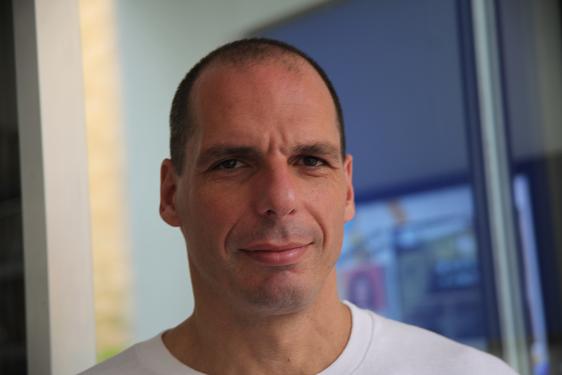
Yanis Varoufakis (pictured) is Syriza’s finance minister and will be George Osborne’s counterpart in meetings of the Eurozone finance ministers. He’s an economics professor at the University of Athens and was partly educated in the UK. The eurosceptic leader of the party’s Left Platform tendency, Panagiotis Lafazanis, may also be prominent if the question of a Grexit ever arises.
As a new party, other faces are also bound to emerge as it enters government for the first time.
Join our commenting forum
Join thought-provoking conversations, follow other Independent readers and see their replies
Comments